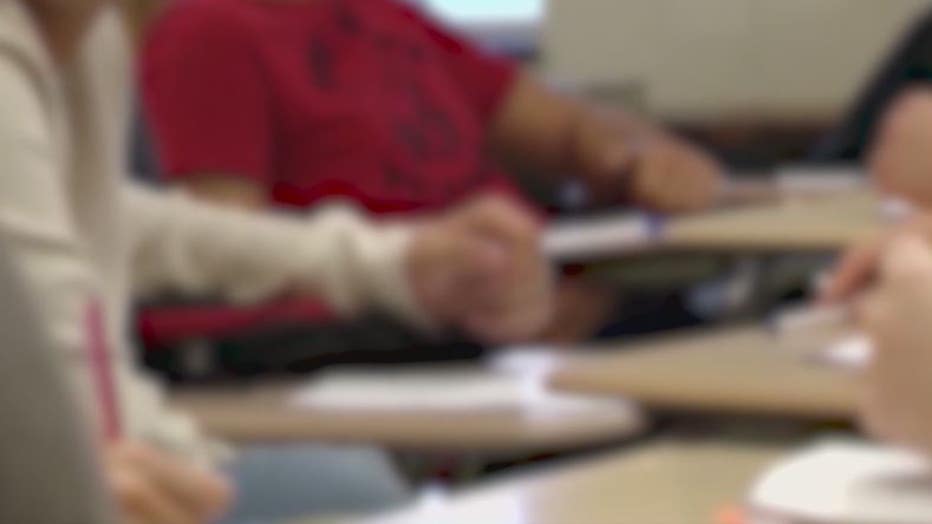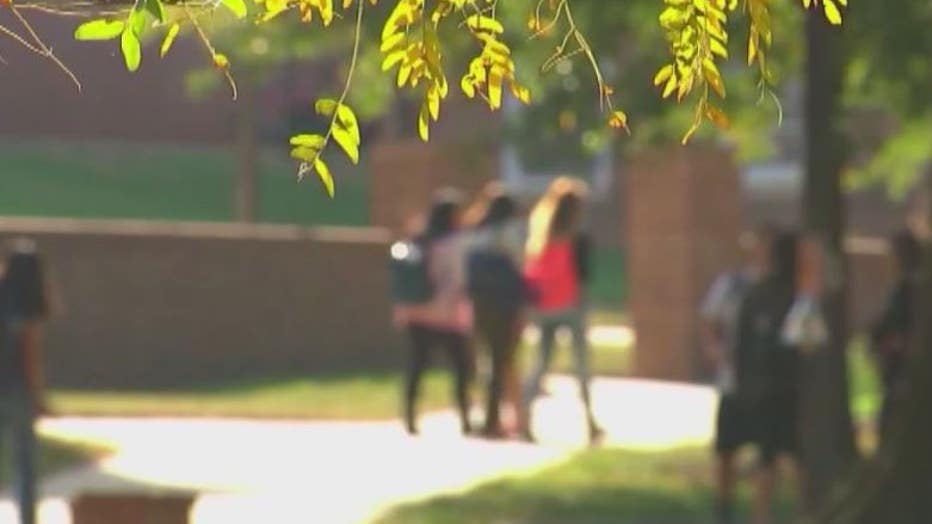Expert weighs in on pandemic's impact on suicide risks for kids - and how we can help

Expert shares what we can do about pandemic's effect on youth suicide rates
Its a tough but necessary conversation. The pandemic's impact on the suicide risk is concerning, according to new data. But we also are learning what we can do better.
FOX 2 - If you or a loved one is feeling distressed, call the National Suicide Prevention Lifeline. The crisis center provides free and confidential emotional support 24 hours a day, 7 days a week to civilians and veterans. Call the National Suicide Prevention Lifeline at 1-800-273-8255. Or text to 741-741
CLICK HERE for the warning signs and risk factors of suicide. Call 1-800-273-TALK for free and confidential emotional support.
It is a tough but necessary conversation. The pandemic's impact on the suicide risk is concerning, according to new data. But we also are learning what we can do better.
We know that mental health struggles and suicide risks grew during the isolation of the pandemic so what can we do going forward? We got important information from a leading expert, who works in the Macomb Intermediate School District and on the governor's Suicide Prevention Task Force.
"Mental health issues or challenges have started to increase in our youth prior to the pandemic, and after the pandemic I think what has happened, and evidence is showing up, it has exacerbated the problem that we are seeing," said Nancy Buhle. "Depression and anxiety, for the most part, were on the rise pre-pandemic, and then when the shutdowns and the stay safe orders came in, and kids had to leave their environments that they were used to being able to be in, that just increased their sense of loneliness, isolation, and pressed on their coping strategies too much, I think."
There's now CDC data that points to a substantial increase in emergency department visits because of suicide attempts among adolescents during 2020 - but Nancy points to an unexpected stat, fewer deaths.

"Because of that shutdown, I believe kids were able to be seen by parents more," she said. "So the families were together. So there were positives and negatives in the shutdowns for sure."
What can we do differently as parents, neighbors, and community members going forward?
"Reaching out, making sure that we are available to our youth and making sure we are opening up those lines of communication," she said. "Give them a voice. Let them know that it is okay. Listen for stories. A lot of times adults and families, parents and educators, they want to have the answers when you have stressors or problems in your life. If we can just listen to them, and help them know that they have the solutions and they have the answers within themselves. Then if they need a little help with that, then ask them if they need a little help trying to solve that problem or pressure that they have.
"Listen to them, let them tell their story, validate it, normalize it, and help them engage in healthy coping."
The suicide lifeline is a good resource - 1-800-273-TALK.
On Saturday Kevin’s Song, a suicide awareness organization and Detroit Public Television are offering a free live digital event – "Surviving suicide: Erasing the stigma."
More:
From 8:30 am to 1:30 pm SATURDAY Jan. 29 there will be a livestream from the Kevin's Song 6th Annual Virtual Conference on Suicide.
The Saturday Program: "Surviving Suicide – Erasing Stigma" will be a journey of hope and healing dedicated to survivors of suicide loss and attempt survivors. Included among the keynote speakers will be Jordan Burnham, a professional speaker on mental health and suicide, and an attempt survivor who shares his powerful story of fighting depression and finding recovery.
Visit dptv.org/programs/saving-lives for more info


